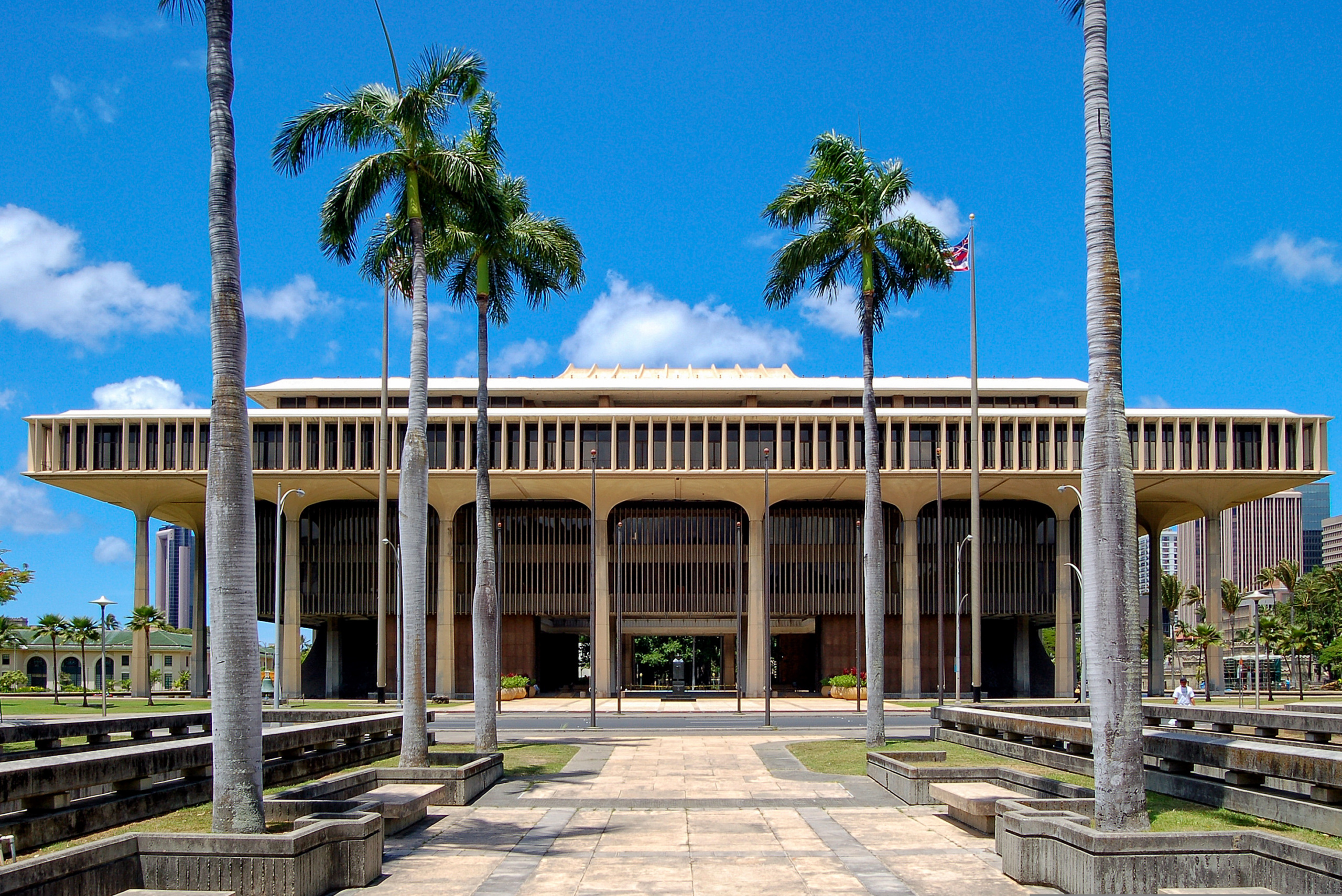Capitol Correspondence - 03.21.23
HUD Rescinds 2020 Rule and Formally Restores Discriminatory Effects Standard
Share this page
Stay Informed on the Latest Research & Analysis from ANCOR
More News
Stateside Report - 06.23.25
Stateside Report: June 30, 2025

Stateside Report - 06.23.25
Stateside Report: June 23, 2025

Stateside Report - 06.16.25
Stateside Report: June 16, 2025


